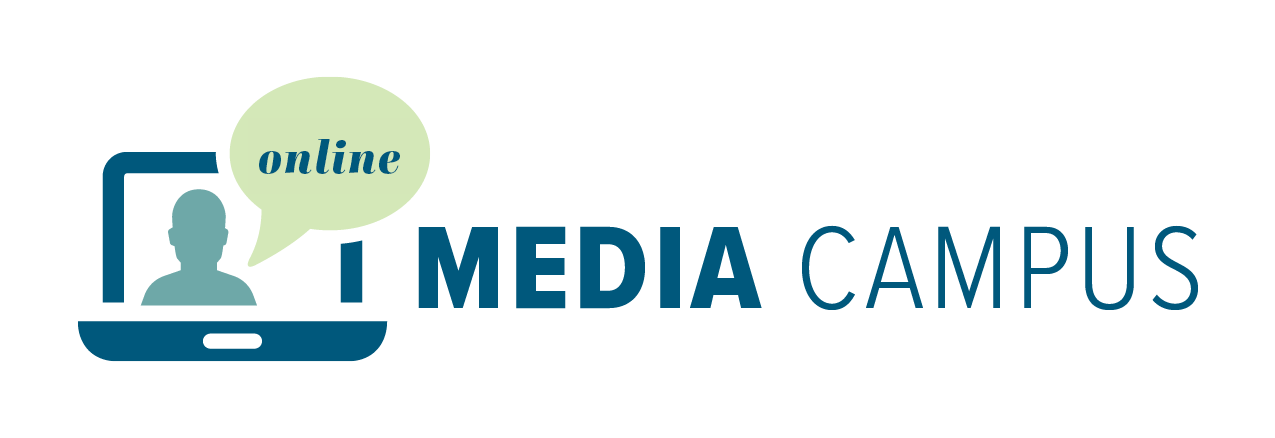Description
Orginally Recorded on January 14, 2021
In this webinar...:
Online Media Campus, in conjunction with SciLine - a free, nonprofit service for journalists - offers a one-hour training webinar for journalists, editors and others in news publishing who wish to become more comfortable covering science-related topics.
The COVID-19 pandemic has become an all-hands-on-deck story, requiring many in the news business with little or no science backgrounds to embrace the health and science beat. The COVID story will continue to dominate in the new year. But even beyond COVID, many local stories can be strengthened by inclusion of scientific expertise and research-based context.
The COVID-19 pandemic has become an all-hands-on-deck story, requiring many in the news business with little or no science backgrounds to embrace the health and science beat. The COVID story will continue to dominate in the new year. But even beyond COVID, many local stories can be strengthened by inclusion of scientific expertise and research-based context.
This training webinar covers such topics as:
• How does science work and what are common pitfalls to avoid when covering scientific findings?
• What are the major types of scientific studies and the inherent weaknesses of each to be aware of?
• How to extract the essentials from a scientific journal article.
• How to find a scientist source, and best practices for science-related interviews.
Click here to register!
About the presenters: Rick Weiss and Tori Fosheim
Rick Weiss is SciLine's director and a former journalist who served a 15-year stint covering science at the Washington Post.
Tori Fosheim is a PhD neuroscientist who is part of the SciLine team that identifies knowledgeable, articulate scientists willing to be interviewed by reporters who come to SciLine for help on stories.
SciLine is a free, philanthropically funded service for journalists with a singular mission: to help reporters include more research-backed evidence in their news stories. Based at the nonprofit American Association for the Advancement of Science in Washington, DC, SciLine hosts several activities including journalist trainings, media briefings, a “matching service” that connects reporters to knowledgeable, articulate scientists and media training for scientists.
